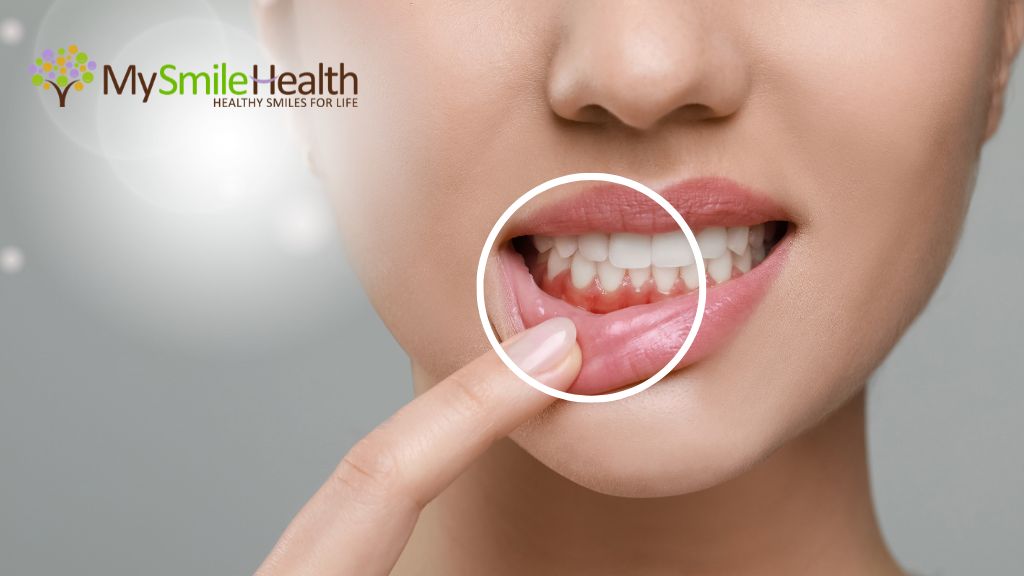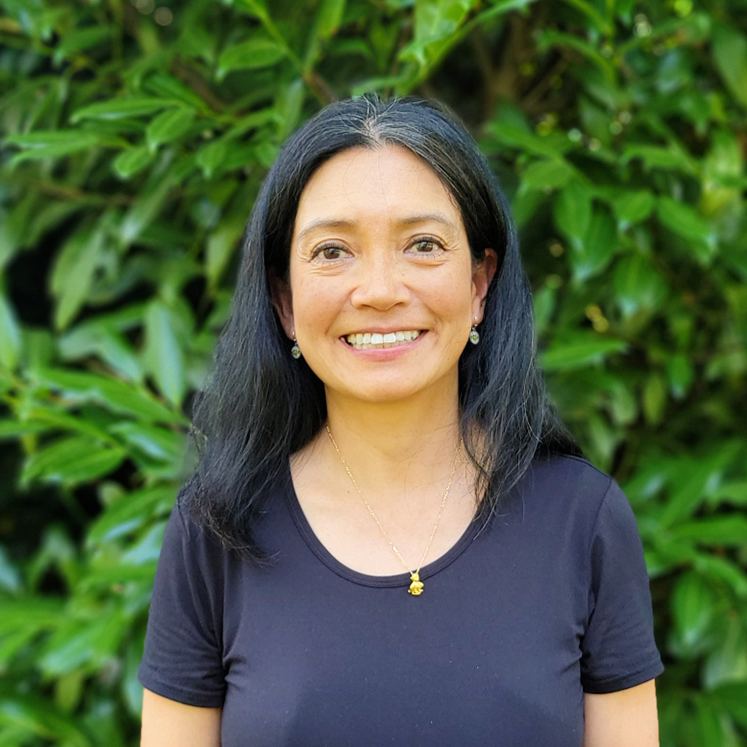Oral health is important for everyone, but some people face unique challenges that make it more difficult to maintain good oral hygiene. These challenges can be physical, financial, or social.
Physical challenges
Some people have physical challenges that make it difficult to brush their teeth or floss. For example, people with arthritis or other hand conditions may have difficulty holding a toothbrush. People with limited mobility may not be able to reach their own teeth. And people with disabilities that affect their coordination may have difficulty brushing and flossing effectively.
Financial challenges
Access to dental care can be a financial challenge for many people. Dental insurance is not always affordable, and even with insurance, out-of-pocket costs can be high. This can make it difficult for people to afford regular dental checkups and cleanings, as well as more expensive treatments, such as fillings and crowns.
Social challenges
Social challenges can also make it difficult to maintain good oral health. For example, people who live in poverty may not have access to healthy foods or clean water. People who are homeless may not have access to a toothbrush or toothpaste. And people who are isolated or have mental health challenges may not have the support they need to take care of their oral health.
Addressing unique oral health challenges with the Best Dentist In Burnaby
There are a number of things that can be done to address unique oral health challenges. These include:
- Providing accessible dental care. This can be done through public dental clinics, mobile dental vans, and dental schools that offer free or low-cost care.
- Making oral health products more affordable. This can be done through government subsidies, discounts for low-income individuals, and programs that provide free or low-cost oral health products.
- Educating people about oral health. This can be done through school programs, community outreach programs, and public service announcements.
- Supporting people with disabilities. This can be done through providing assistive devices, training caregivers, and making dental offices more accessible.
By addressing these challenges, we can help ensure that everyone has the opportunity to achieve good oral health.
In addition to the above, here are some other specific strategies that can be used to address unique oral health challenges:
- For people with physical challenges: There are a number of assistive devices that can make it easier to brush and floss. These include electric toothbrushes, adapted toothbrushes, and floss holders. There are also a number of techniques that can be used to brush and floss effectively, even with limited mobility or coordination.
- For people with financial challenges: There are a number of resources available to help people with financial challenges afford dental care. These include government programs, dental schools, and community health centers. There are also a number of charities that provide financial assistance for dental care.
- For people with social challenges: There are a number of programs that can help people with social challenges access dental care. These include programs that provide transportation to dental appointments, programs that provide dental care in shelters or other community settings, and programs that provide dental care to people with mental health challenges.
By taking these steps, we can help ensure that everyone has the opportunity to achieve good oral health, regardless of their individual challenges.






